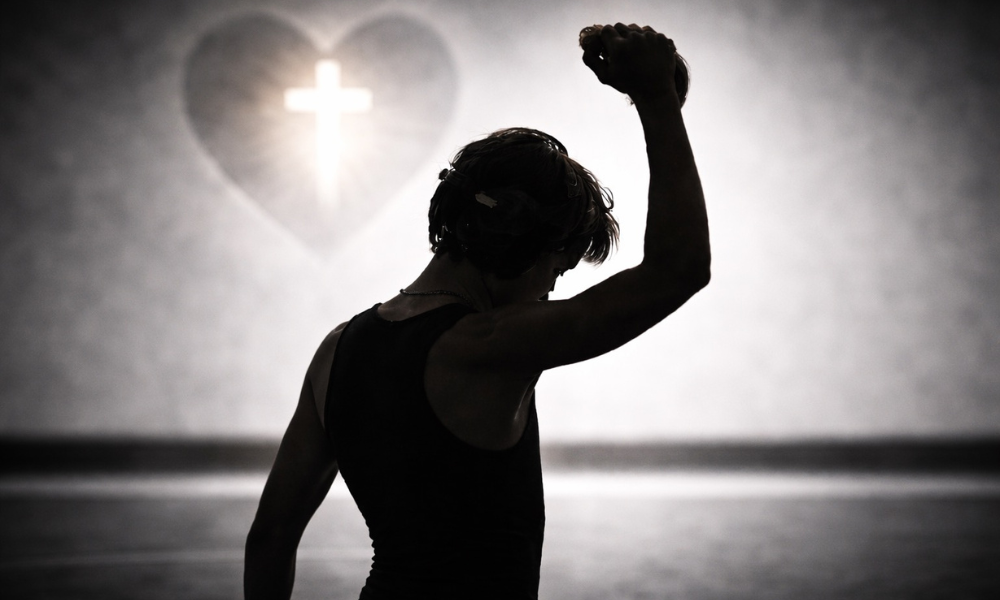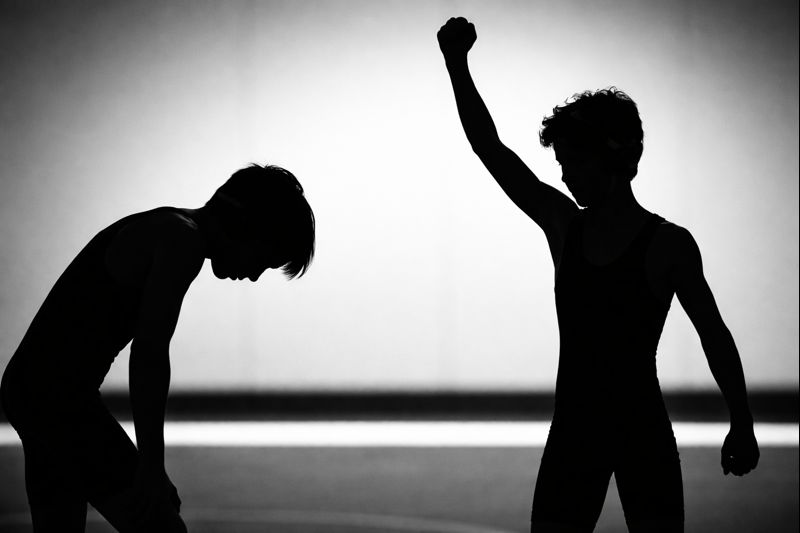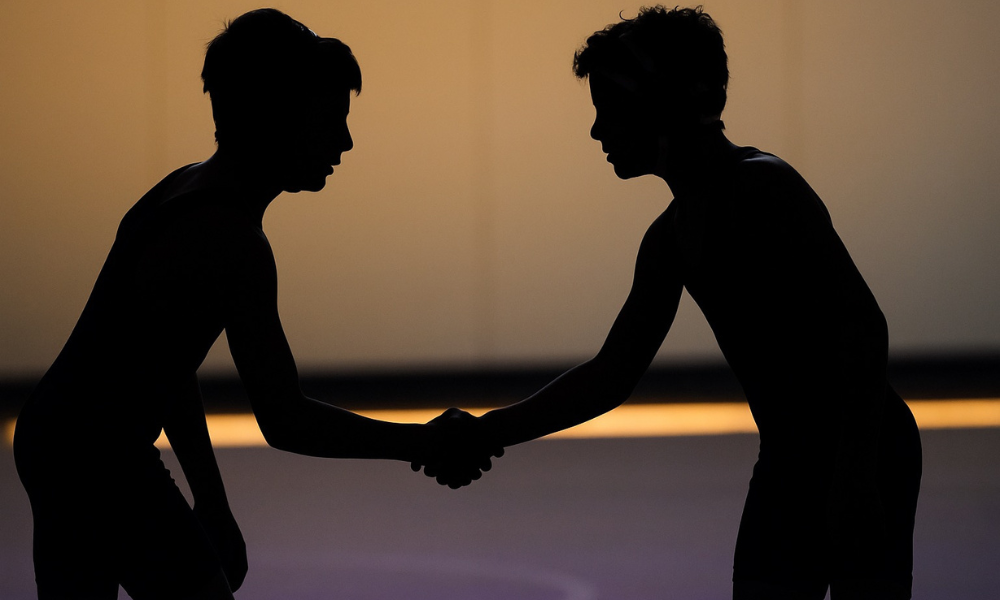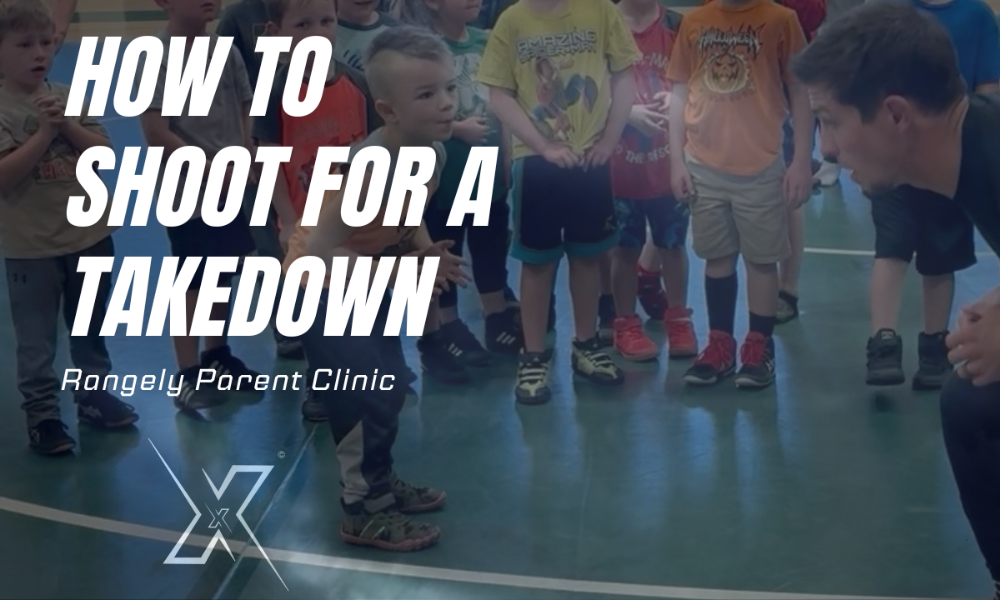Youth wrestling feels electric. Gyms buzz, brackets shuffle, and whistles pop. The energy is awesome. The chaos can be, too. Long days, fast mat changes, and louder-than-usual crowds test everyone’s patience. Add siblings, snack runs, and tight bleacher space, and even simple moments can feel complicated. Still, those moments are where kids learn to compete, listen, and reset.
Good mat-side manners keep the day smooth for kids, coaches, refs, and parents. Think of this as your friendly guide. Nothing fancy. Just clear habits that make long tournaments easier, help coaches coach, and give officials room to work. Most importantly, they help your wrestler enjoy the sport and grow.
Why Etiquette Matters
Small choices change outcomes. Calm sidelines lower stress and improve effort. Respectful crowds help tournaments run on time. There is another reason. Roughly 70% of kids quit sports by 13. Pressure and drama play a part. Supportive adults reduce that risk and keep kids competing. Kids mirror what they see. When parents clap for effort, they learn to value growth, not gossip. When coaches model respect, athletes do the same.
Officials feel it as well. Over half report verbal abuse in youth sports. Better behavior protects them and your team. It also protects your child’s joy. Clear expectations before the event help: where to sit, what to say, and when to cheer. Applaud great wrestling on both sides. Thank the table workers. Ask questions after the match, not during. Those small habits raise the level of the whole room.
Set Expectations Before You Arrive
Talk in the car. Keep it short. “We cheer effort. Coaches coach. We control attitudes.” Pack snacks, water, and a hoodie. Hungry kids melt fast. Parents do, too. Screenshot brackets. Confirm venue rules. Mark the mat numbers on a note. Share the plan with siblings.
Quick prep removes friction. Decide where to meet between matches. Set a “post-match script” for wins and losses. Agree on a quiet reset if nerves spike. Bring cash for parking and concessions. Charge phones the night before. Less friction means fewer sideline blowups and faster resets after tough moments.
Find a Good Spot and Stay Flexible
Choose a view that doesn’t block others. Sit near your club if possible. Keep gear consolidated. Bags spread like a yard sale cause headaches. Leave seats for grandparents and little siblings. Save aisles for strollers and wheelchairs. Keep camera tripods tucked in tight. Share space and trade spots when someone’s match is up.
Coaches need room along the mat edge. That lane is their office. Crowding causes confusion and penalties. Be ready to slide if the staff asks. Move for medical teams without delay. Use a small blanket for kids to sit on, not five chairs. Collapse seats between rounds. If the announcer shifts mats, shift with a smile. Flexibility helps everyone and keeps the day moving.
Respect the Coach Box
The coach box belongs to coaches. Leaning in from the rail distracts wrestlers. Shouting instructions does, too. Your athlete needs one voice during action. Multiple voices create noise, not help. Let the coach handle strategy, rules, and challenges.
Step in with logistics instead. Hand water. Track time. Hold headgear. Provide calm. If a ref or table worker asks for space, move first and fast. Save questions for after the match. A steady presence helps your wrestler hear the coach and stay locked in.
What to Say During Matches
Keep it positive. Cheering beats coaching from the third row. Use simple phrases. “Let’s go.” “Keep fighting.” “Great pace.” Avoid technical commands unless you’re the coach. Children process one thing at a time under stress. Extra cues split focus and raise anxiety. Praise effort, not outcomes. That mindset builds grit. It also makes rides home easier.
Pick one cue if you must speak. Use their name sparingly. Breathe, clap once, then go quiet. Celebrate sportsmanship and hustle between periods. After the whistle, one question works best: “What did you feel?” Let coaches handle fixes.
How to Handle Close Calls
Close calls happen. Refs have one angle. Fans have twenty. Breathe for three seconds before reacting. Keep your hands down. If you must speak, use a normal tone. “Two green?” works better than yelling. Avoid pointing at matside cameras or replaying clips from the stands. Many officials are volunteers. Give them respect, even when you disagree.
Coaches decide whether to question rulings. Let them. Most tournaments have a clear challenge process—trust it. Your job is to steady your athlete, not win an argument. Encourage a quick reset between periods, then move on. Thank the table workers and officials after the bout. Kids imitate adult behavior fast. Model poise when it’s hard.
Filming Without Being “That Person”
Record from a clean angle. Don’t stand in front of seated families. Avoid tripods in walkways. Silence your phone and turn off flash. Keep commentary low. Hold the camera steady (wall or rail helps) and shoot horizontal unless the coach wants vertical for reels. If the event bans live-streams, don’t go live. Respect privacy—avoid zooming on other kids and follow venue photo rules.
Clip the full match when possible; context helps coaches teach later. Start each file by saying name, mat, and round. Share highlights with your club after the session using one folder (Drive, Dropbox). Skip posting tough losses right away—give your wrestler a little space first. Tag the club, not opponents. A thoughtful filmer helps everyone learn without creating headaches.
Tagging and Social Posts
Tag teammates when the post is about them. Tag clubs or hosts when appropriate. Use location tags for tournaments so families can find results later. Skip tagging brands or stars that aren’t in the photo—irrelevant tags feel spammy and can hurt reach. If music is added, use the platform’s licensed tracks to avoid muting.
Captions should highlight effort and sportsmanship. Congratulate opponents on great matches and thank the event staff. Keep comments kind and avoid score debates. When sharing kids outside your family, ask parents first and skip last names. Pin 1–2 meaningful hashtags; don’t stuff 20. Schools and clubs notice tone and consistency. Opportunities follow good reputations.
Supporting Siblings at Tournaments
Siblings melt down faster than clocks. Plan for it. Bring a small backpack with snacks, crayons, and a book. Rotate short walks outside the gym. Explain what wrestling looks like before the first match. “There’s noise. Nobody is getting hurt. Your brother is safe.”
Pack headphones or a quiet-time playlist, and let them pick a small job—sticker the bracket, guard the gear, or film a clip. Praise their patience and teamwork. Families are teams, too. Happy siblings make long days survivable.
After the Whistle
Meet your wrestler with water and a steady voice. Start with effort praise. “You competed hard.” Ask one question. “What did you learn?” Normalize nerves. “Everyone feels butterflies.” Offer a small snack if needed. Save technique talk for practice. Coaches will cover details.
If emotions run hot, take a walk. Breathe together for ten slow counts. Fifteen quiet minutes resets the world. Jot one takeaway in your phone for later. Wins feel bigger. Losses feel smaller. Either way, the next match looms. Return to the routine and move forward.
Handling Nerves the Right Way
Nerves are normal. Help kids normalize them. “Butterflies mean you care.” Guide breathing. Inhale through the nose. Exhale longer through the mouth. One minute helps. Add a quiet count to four in, six out. Keep expectations reasonable. “Fight hard,” not “Pin everyone.” A short shakeout and a sip of water calm the body.
Pre-match routines stabilize the mindset. Tie your shoes the same way. Bounce twice. Clap hands. Say one cue: “Head up, hands ready.” Visualize the first whistle and the first touch. Parents set the tone—calm voice, steady posture, no last-second coaching. Consistency anchors focus when gyms get loud.
Gear and Space Etiquette
Clean shoes on the mat. Take street shoes off. Keep food off wrestling surfaces. Only water matside, no colored drinks. Tape trash goes in bins, not under bleachers. Tie back long hair. Trim nails. Remove jewelry. Wipe spills fast. Label your gear and keep bags zipped in one spot. Return anything you borrow the same day.
Share warm-up space. Don’t run through live matches. Ask before joining a circle. Keep music low or use one earbud. Respect cones and staff walkways. Bring a small fix kit: tape, band-aids, nail clippers. Hand sanitizer helps between matches. Coaches love organized families. Tournament staff love clean floors. Your example shapes club culture quickly.
When Your Wrestler Gets Hurt
Stay seated unless the staff waves you down. Athletic trainers and coaches move first. Your calm helps more than sprinting. Put phones down, make space, and let officials clear the area. Note the mat number and clock time so you can relay details later if needed.
Meet your wrestler after evaluation. Offer reassurance and water. Ask what the trainer said, and repeat it back to confirm. Follow instructions exactly. If the day is done, celebrate courage and effort, not outcomes. Text coaches later for the next steps, schedule any follow-up, and frame recovery as training. Future confidence grows from moments like this.
Dealing With Tough Losses
Losses sting. They also teach. Set clear ride-home rules. Try the “athlete sets the topic” approach. If they want silence, honor it. If they want fries, consider it. Normalize feelings. “It’s okay to be mad. It means you care.” Delay the film talk until emotions cool. Praise effort and attitude first.
The next morning, set one small goal. “Today, ten go-behinds.” Goals reduce rumination and create momentum. Keep the plan simple and specific. Add a quick note to a training journal. Text the coach if guidance helps. Hydrate, sleep, and move. Kids move forward faster when they control the next step.
Encouraging Sportsmanship
Applaud both athletes. Compliment opponents and coaches. Thank the table workers and officials. Shake hands with calm body language and clear eye contact. Congratulate the winners. Encourage your wrestler to lose with grace and win with humility. Support teammates who are upset. Offer water, a towel, or a quiet seat. Your voice shapes team standards every weekend.
Sportsmanship is a skill. Repetition builds it. Praise moments of respect as much as big takedowns. Model it online, too. Keep captions kind and avoid cheap shots. Remind kids to pick up trash and return borrowed gear. Little habits become character. They carry that habit into school, work, and life.
Working With Officials
Referees keep order. They miss things like everyone else. Respect their role. Let coaches handle questions at the table. Learn basic signals for takedown, escape, back points, and cautions so you can follow scoring without shouting. If you’re unsure, jot the moment and ask your coach between matches. Do not film a ref while arguing. It escalates, never helps.
Thank officials after sessions. A grateful community keeps good refs in the sport. That benefits your child far beyond one match. Remember, most events are short on officials. Patience helps tournaments stay on time. Breathe on close calls. Avoid sarcasm and sideline coaching at the whistle. Model poise so kids see how to compete hard and accept outcomes. When your wrestler knows adults are steady, they wrestle freer and learn faster.
End-of-Day Wrap-Up
Debrief quickly. What went well? What’s one thing to fix? Keep it simple and kid-led. If emotions run high, wait ten minutes, drink water, then talk. Write one micro-goal for next practice. “Ten clean go-behinds,” not “win more.” Small targets build momentum and confidence.
Pack the car together. Do a two-minute gear check: shoes, headgear, bracket screenshots, water bottles, and any meds. Toss trash, wipe your area, and return borrowed items. Thank table workers, refs, the host club, and your coaches on the way out. A quick “thanks for running today” goes a long way. Share highlights with your team chat later, not in the parking lot. On the ride home, cue recovery: snack, hydration, light stretch, early bedtime. Clean habits after tournaments make the next one easier. Those tiny courtesies and routines build bridges, open doors, and keep kids excited to come back.
A Quick Checklist for the Bleachers
- Cheer effort.
- Let coaches coach.
- Give the mat edge space.
- Film respectfully.
- Tag only when it fits.
- Support siblings.
- Breathe on close calls.
- Praise learning, not records.
- Be kind online.
- Thank the volunteers and refs.
Great mat-side manners protect kids, honor coaches, and keep officials safe. They also strengthen families. Choose calm. Celebrate effort. Keep perspective when the gym gets loud. Your child notices every cue. Good habits on the edge of the mat become life habits off it. That’s the win that lasts. Model composure, even after tough calls, and your wrestler learns resilience, respect, and self-control that carry into school, friendships, and future teams.






